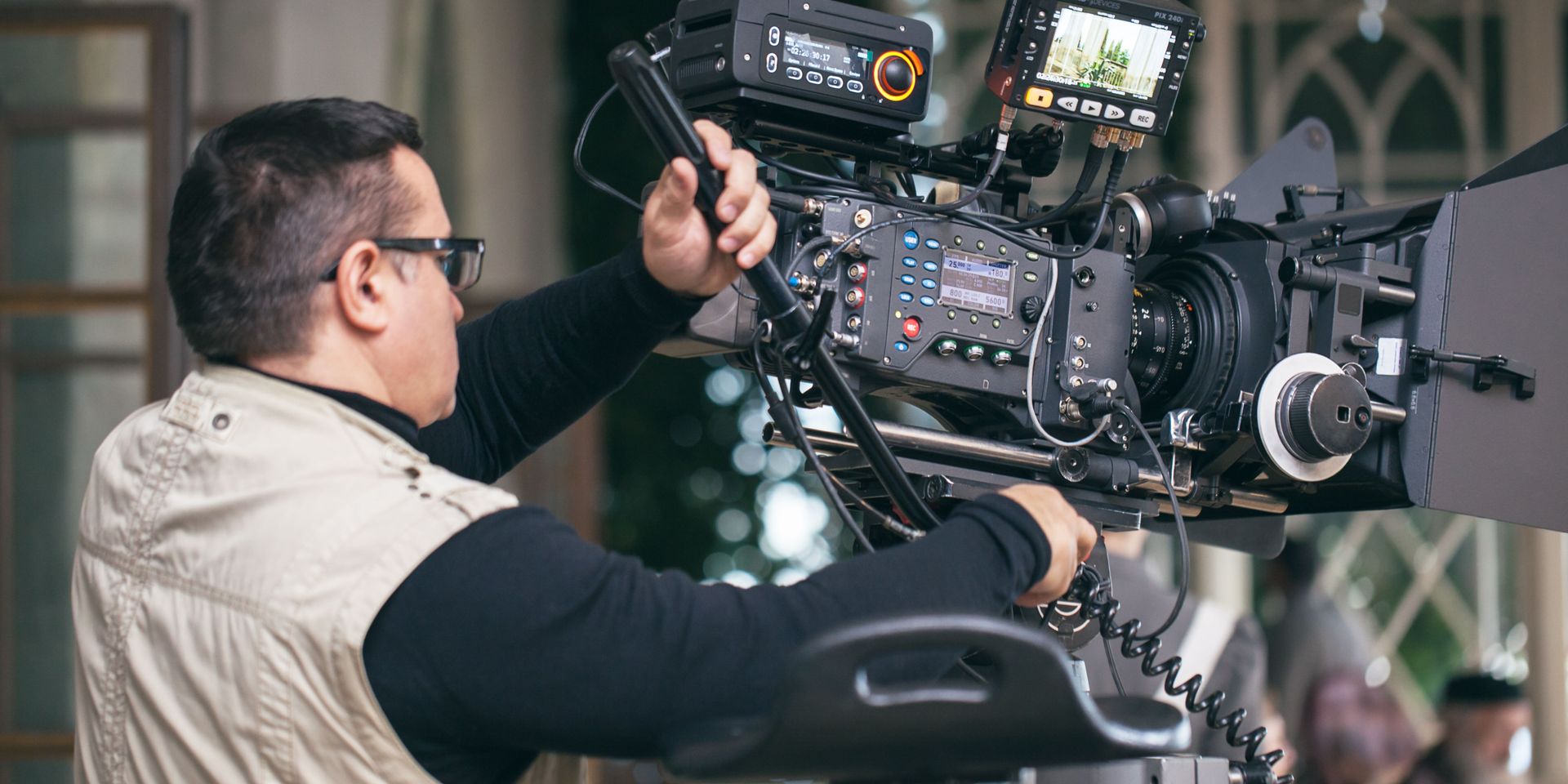The multiskilled audiovisual technician masters sound and image capture, cabling, and control room setup. They can diagnose issues and ensure safe live broadcasts. Proficient across the entire production chain, they regularly use industry-standard tools such as Sony or Blackmagic cameras, Yamaha audio consoles (QL/CL), ATEM or TriCaster video switchers, OBS Studio or vMix broadcasting software, and MA Lighting consoles. They understand key signal standards (HDMI, SDI, NDI, Dante), follow electrical safety procedures, and communicate effectively with directors and control room teams.
The multiskilled audiovisual technician must demonstrate calm, responsiveness, and precision, especially during live events where the smallest mistake can have immediate consequences. They possess strong organizational skills and technical rigor, essential for ensuring reliable installations.
They are also a good communicator, able to adapt to a wide range of collaborators, directors, artists, teachers, or clients, while respecting each project’s constraints. Their team spirit, curiosity, and passion for technology enable them to thrive in a constantly evolving environment.
Training to become a multiskilled audiovisual technician
The job is accessible from high school level, but requires specialized technical training to master equipment, broadcasting protocols, and safety rules.
The most recognized path is the BTS Métiers de l’audiovisuel (Audiovisual Professions), with options such as Sound, Image, Engineering and Equipment Operation, or Production Management. This program covers the fundamentals of cabling, control room operation, and equipment maintenance.
Other specialized programs like the DMA (Diploma of Arts and Crafts) in Stage Management, DN MADE in Audiovisual Design, or professional bachelor’s degrees in sound and image technologies allow for deeper artistic and technical learning.
For career changers or shorter training paths, several professional titles and continuing education programs are available through audiovisual schools, GRETA centers, or certified institutions in live performance and event production.
Electrical certifications (H0B0) and safety training (stage safety, working at height) are often required, especially in live event settings. Proficiency with digital tools (editing software, virtual control rooms, streaming) and ongoing technological awareness are major advantages in this field.
Salary of a multiskilled audiovisual technician
Salaries vary according to context (event production, TV set, live performance, education), work hours (evenings, weekends), autonomy level, and technical versatility.
Entry-level: from €1,801.80 gross/month (minimum wage) up to around €2,100, depending on assignments and bonuses (night or weekend work).
Experienced: between €2,200 and €2,800 gross/month, higher when managing control rooms, streaming, or live broadcast operations.
Freelance / intermittent: paid per project or day; annual income depends on workload, bonuses, and expense coverage (travel, gear).
Bonuses (travel, meal, night, holiday) and expertise with tools such as ATEM, TriCaster, Dante, MA Lighting, vMix/OBS raise earning potential. The ability to secure live broadcasts is a key negotiation advantage.
Career development
With experience, the multiskilled audiovisual technician can expand their role and specialize in areas such as sound engineering, video operations, lighting, or postproduction. This technical expertise leads to more independent positions and higher responsibility levels.
Some progress to general stage manager or chief operator roles, coordinating all technical and human resources for productions or live events. Others manage permanent control rooms (in cultural institutions, local authorities, or corporations) or become technical trainers.
Field experience, versatility, and the ability to stay composed under pressure are valuable assets for advancement. Keeping up with new technologies, 4K/8K formats, IP workflows, streaming platforms, can also lead to emerging careers in digital broadcasting, live capture, or augmented reality production.



